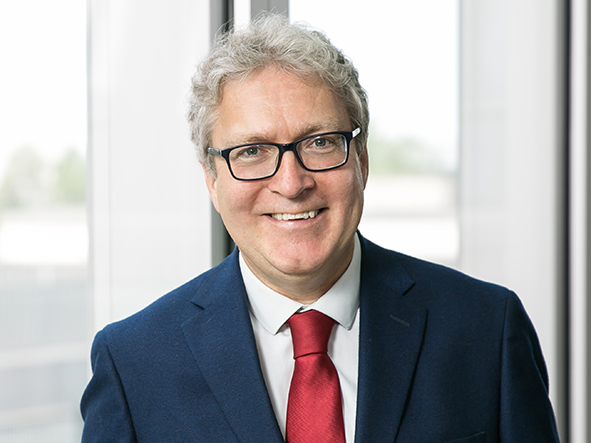
Dr Stuart Thomson is a public affairs and communications specialist with over 25 years’ experience. In ‘beyond the brand’, he shares his career, business and personal interests.
Why did you pursue a career in public relations and communications?
I have always been interested in politics and current affairs, even from a very young age. We always talked about politics when I was a kid, and I was an avid viewer of John Craven’s Newsround (the BBC news programme for children). I took that interest into my studies and eventually discovered you could get work in the field as well! So public affairs became a profession as well as an interest.
What areas within the industry are you most interested in (currently)?
Whilst I am primarily focused on public affairs, what that involves has changed significantly in the now over 25 years that I have been in the profession. When I started there was a clear focus on politics and Parliament but now I have to advise on reputation management, stakeholder relations, media and social media engagement. The aim is the same, to influence public policy, but the way to achieve that has changed considerably.
How has public relations and communications changed since you first started working in the industry?
It has, not least, there is rightly much more on an emphasis on ethics but also on continuous professional development. There are books, courses, qualifications, discussion groups, a whole range of support that wasn’t there when I started out. But there is also more of a focus on people as well. The old model of simply working people as hard as possible has faded thank goodness.
What trends are you seeing that pose the biggest opportunity or threat to the industry?
I’ll avoid mentioning AI as I am sure many others will talk about that, although I believe it can be a good development opportunity for public affairs. I would instead mention the continued decline in trust in politics and politicians. That could mean that organisations simply do not believe that it is worth engaging but that would leave the government without the information and tools it needs to deliver effective new legislation, regulation etc. Essentially, the quality of government will fall as input from business, and other stakeholders, falls away.
What do you believe makes a company a great place to work in?
For me it is all about the people. There has to be sufficient space for people to enjoy their work, discuss issues, learn from each other and to be creative. That can’t all be done to the social aspects that often take place outside of work hours but is instead part of the normal working environment.
Do you work in an office, remotely or have a hybrid model? What is your preference, and why?
I am my own boss so that tends to mean working at home but I do often spend time with clients at their offices. I enjoy that time with people and it gives me some variety which, for me, is really important. I have always taken the view, even if former employers didn’t agree, that I would do my work from whatever location best suited its delivery. That could mean from home, the office, when travelling, from a hotel. Simply being needed to be seen in an office was a sign of a lack of trust.
What is your leadership or management style?
I try to be empowering rather than relying on the power of the red pen to enforce my own view. I think clients get more and better attention that way and it builds confidence amongst the team as well. Ultimately, you’d have to ask those who have worked with me whether that style has worked or not!
What key skill or characteristic do you look for when hiring new people?
There is never one skill or characteristic because it depends on the nature of the role that you are trying to fill. I think if you go down that road then there is a danger of building a team that lacks diversity of thought, outlook, perspective, background and knowledge. But anyone coming onto a team has to show enthusiasm for the work.
What is your favourite book or movie?
In some ways, that is one in the same – the Lord of the Rings. I am a bit of a nerd so much so that when we visited New Zealand, now a long time ago, we got a guidebook to the film locations and tried to visit as many as possible!
Would you welcome a digital detox for a week or approach it with caution?
No, not for me. A bit less digital sometimes but it is how I consume news, TV, sport and keep in contact with people. I have a focus setting on my phone, ‘get work done’, that shuts off all but the key alerts, to minimise distractions.
Do you prefer sun holidays or city breaks?
City breaks. I don’t mind some sun but the idea of sitting around for more than a couple of hours fills me with dread! I like exploring and seeing things. But if we are in a city then I still try to avoid the shops!
If you won the lotto what would you do?
What do you mean ‘if’? Surely you mean ‘when’? I’d probably still do what I do but a bit less of it or focus on my writing more. I do have to be busy. That too, along with the love of political discussions, is something my parents still recognise in me now. I haven’t really changed too much over the years!
© 2024 Strategic. Registered in Ireland: 659272